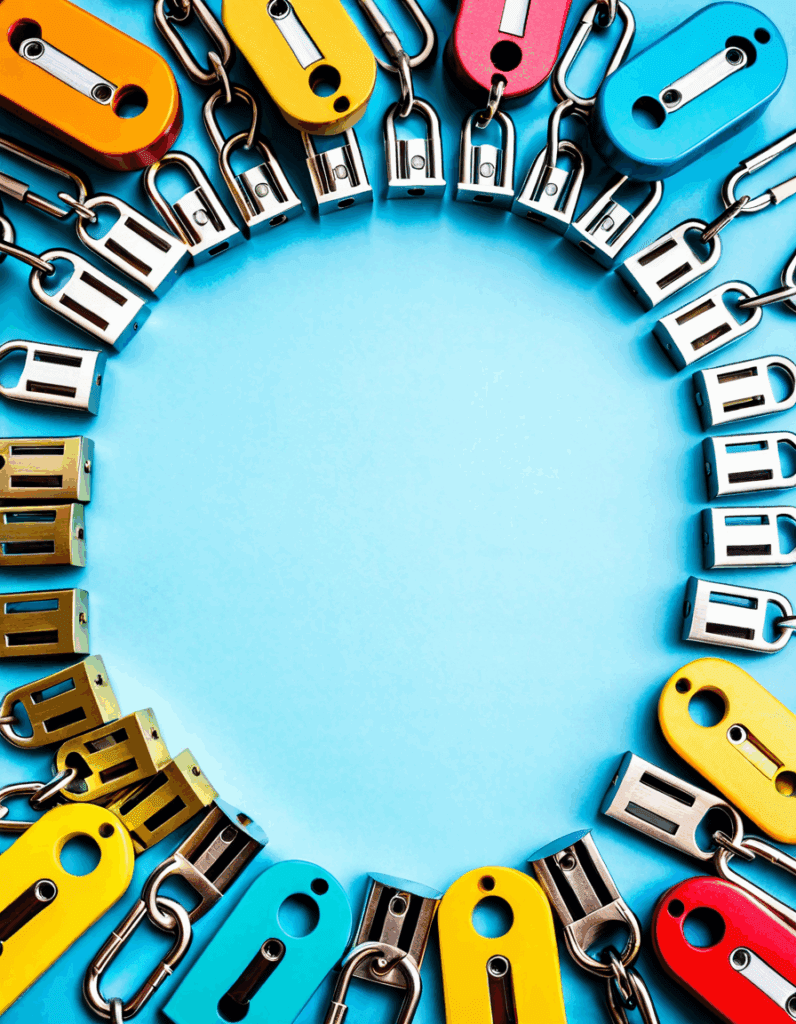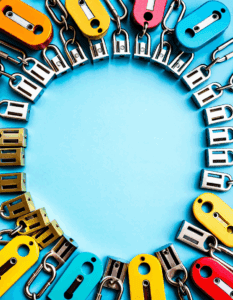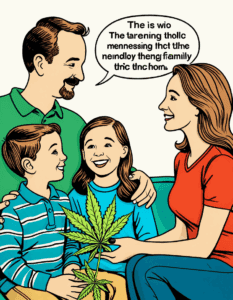In today’s fast-paced healthcare world, parents often grapple with concerns about their children’s privacy, especially when addiction comes into play. The HIPAA law, or Health Insurance Portability and Accountability Act, stands as a sturdy barrier against unauthorized access to your health information. This law, enacted in 1996, seeks to protect the privacy of individuals’ medical details, making sure healthcare providers treat sensitive data confidentially. Understanding this law is crucial not just for healthcare professionals but also for parents trying to navigate the murky waters of addiction treatment. After all, knowledge is power, and when it comes to your child’s healthcare, knowing HIPAA can help you advocate fiercely and effectively.
It’s no secret that addiction wreaks havoc not just on the individual but also on the family. Parents face fear, confusion, and often helplessness when dealing with a child who is battling addiction. Knowing how the HIPAA law works can help you stay informed about your rights as a patient and the rights your child possesses when seeking treatment. The law emphasizes patient control over their medical information, ensuring that the sensitive aspects of treatment, such as a CIWA score Clinical Institute Withdrawal Assessment, are protected. When treatment records are handled with care, families can breathe a bit easier knowing that their loved ones’ information is shielded.
With unfortunate incidents surrounding healthcare breaches, understanding HIPAA is more important than ever. Just look at the Anthem Inc. breach in 2015, where data of nearly 79 million individuals was compromised. Such events remind us that while healthcare providers are committed to protecting your information, parents need to be vigilant advocates for their children. Let’s dive deeper into the key provisions of HIPAA law.
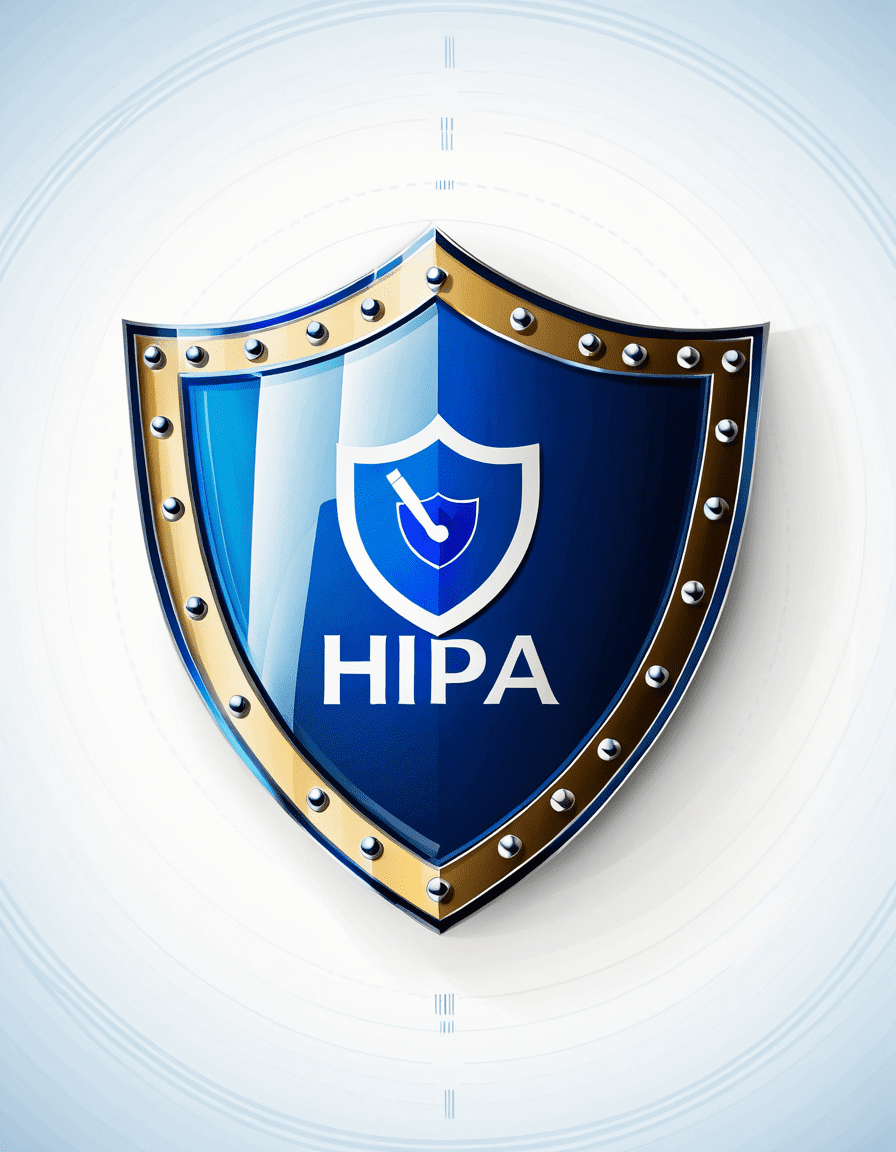
Top 5 Key Provisions of HIPAA Law
1. Privacy Rule
The HIPAA Privacy Rule creates national standards for how medical information is protected. From hospitals to insurance companies, every healthcare provider must treat patient data with respect. If you take your child to a treatment center, like Hazelden Betty Ford, they cannot disclose any health information without your explicit consent. This rule puts you and your child in charge, allowing you to make informed healthcare decisions. Isn’t that reassuring?
2. Security Rule
The HIPAA Security Rule is all about safeguarding electronic patient information. In a world where hackers constantly look for weaknesses, this rule mandates that healthcare entities use technologies, like encryption, to keep your data safe. When you consider how Epic Systems employs encryption, it’s clear that these measures minimize the risk of unauthorized access. Talk about peace of mind!
3. Breach Notification Rule
If a breach does happen, the Breach Notification Rule ensures that you’re the first to know. Healthcare providers must swiftly alert affected individuals and the Department of Health and Human Services (HHS). After the Anthem breach, the company had to notify millions of individuals, indicating how serious this rule is. Swift action means quicker recovery for those who might be affected by identity theft.
4. Enforcement Rule
Ever heard of the Enforcement Rule? This part of HIPAA allows the HHS to impose penalties on organizations that fail to comply with regulations. In 2018, the University of California, Los Angeles, faced a hefty $7.5 million fine for mishandling patient data. This example shows that non-compliance doesn’t pay, highlighting the importance of safeguarding patient information.
5. Patient Rights
The HIPAA law empowers patients, granting them rights over their health information. This includes the right to access and request corrections to medical records. Imagine discovering that a mistake exists in your child’s treatment history at Johns Hopkins Medicine; you can correct it. It simplifies communication between families and healthcare providers, ensuring accurate treatment.
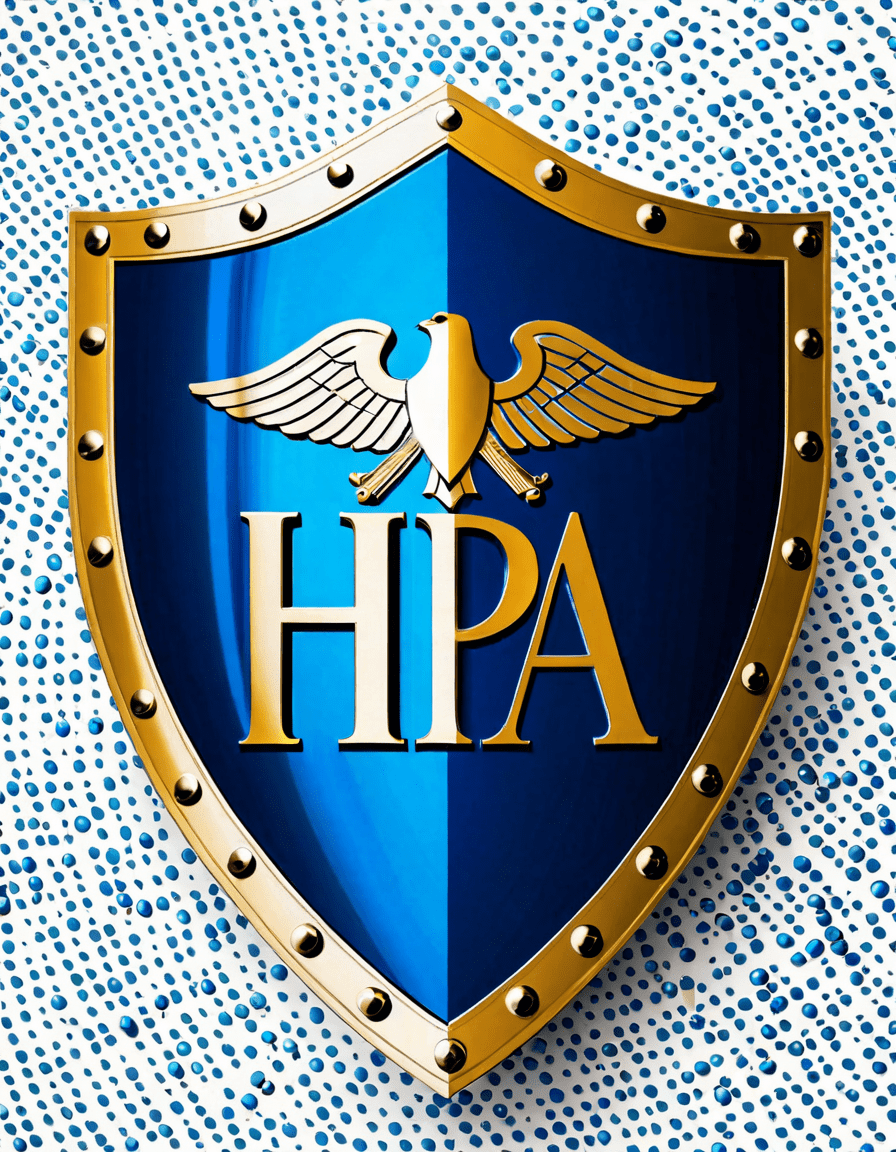
The CIWA Score: A Key to Patient Safety and Compliance
For parents watching their children go through withdrawal, knowing about the CIWA score can be vital. This score assesses withdrawal intensity and helps healthcare professionals determine the right course of action. Treating withdrawal symptoms effectively is essential for recovery, and confidentiality under HIPAA ensures that this sensitive information isn’t disclosed without permission.
How CIWA Score Works
When healthcare professionals evaluate withdrawal, they use the CIWA score to assess symptoms like nausea, anxiety , and tremors. A higher score indicates more severe symptoms, perhaps signaling a need for medications like benzodiazepines, while HIPAA ensures that all information around this treatment remains confidential. For parents, it underscores the importance of trusting that their child’s treatment details are managed discreetly.
Real-World Application in Addiction Treatment
Facilities like the Hazelden Betty Ford Foundation leverage the CIWA score in real-time to monitor patients undergoing withdrawal. Their commitment to client confidentiality stands firmly within the HIPAA law framework. Parents can be assured that detailed metrics regarding their child’s withdrawal are protected while still providing necessary information for effective treatment.
The Future of HIPAA Law in the Digital Age
The rapid expansion of telehealth opens new avenues—and challenges—regarding the HIPAA law. As platforms like Teladoc and Amwell gain traction, the importance of secure patient information is more relevant than ever. How providers manage sensitive health data during virtual consultations requires continuous adaptation and learning.
Emerging Technologies
As technology evolves, we expect future legislation to adapt HIPAA regulations to better guard against threats posed by innovations like artificial intelligence and machine learning. The healthcare industry must stay one step ahead to protect patient information effectively.
Awareness and Advocacy: Empowering Patients in the HIPAA Framework
In the words of orthopedic surgeon Dr. William Mayo, “The best interest of the patient is the only interest to be considered.” That spirit echoes through organizations like Mothers Against, which strives to educate families on their HIPAA rights. It’s essential to understand how the HIPAA law can empower you, especially during challenging times related to addiction.
By raising awareness about HIPAA, we can create a protective shield around families encountering addiction. Parents equipped with knowledge can advocate fiercely for their children, demanding accountability and transparency from healthcare providers. Education and support ensure that no family feels alone during their journey.
In an ever-evolving healthcare landscape, the HIPAA law remains a cornerstone, ensuring individuals maintain control over their most sensitive information. As technology reshapes the way care is delivered, understanding these laws equips families with power and peace of mind, reinforcing the notion that your child’s privacy will not be compromised.
For more resources on addiction and its ramifications, visit our website at Mothers Against Addiction and learn how you can navigate through the murky waters of healthcare with the assurance that your family’s privacy is safeguarded.
The HIPAA Law: Safeguarding Your Privacy in Healthcare
What You Didn’t Know About HIPAA
Did you know that the HIPAA law, enacted in 1996, has been a game changer for patient privacy in healthcare? This legislation not only protects your medical records but also regulates how your sensitive information is handled by healthcare providers. It’s kinda like a safety net that keeps your private life locked up tight. And speaking of health, many expectant mothers might not realize that smoking while pregnant can have significant health implications for their babies, emphasizing the importance of comprehensive healthcare support, which HIPAA is there to protect.
Besides ensuring your health data is kept safe, the HIPAA law gets into specifics about what constitutes a HIPAA violation. For instance, if a healthcare worker shares your information without consent, they could face serious penalties. It’s eye-opening to learn how much responsibility healthcare providers have in keeping our information confidential, particularly in a time when breaches can happen all too easily.
HIPAA’s Impact Beyond Healthcare
Interestingly, the HIPAA law doesn’t just sit in a vacuum; it ties into broader conversations about privacy in various sectors. Just like how the Beryl spaghetti models help predict weather patterns, HIPAA helps predict how data breaches might harm patient trust and safety. When patients can’t feel secure, the whole healthcare system feels that ripple effect.
And here’s something wild: the chair of the Federal Reserve of the United States even discusses how economic factors affect healthcare spending, which can relate back to HIPAA as patients weigh the cost of confidentiality against their care. This highlights how interconnected our lives are, as something as small as a Diamondbacks vs Dodgers match player stats can create buzz, but the stakes of privacy in healthcare are gigantic.
The Importance of Understanding HIPAA
It’s crucial to understand the HIPAA law to bolt down your rights regarding health information. Whether attending a movie night at AMC Theaters or participating in the DC lottery 5, it feels good to know your personal data is secure. Just as you’d want to keep your lottery ticket safe, you’ll want to keep your health details under wraps, too! So, the next time you’re sharing information, think about how HIPAA’s guidelines play a vital role in protecting your privacy. Remember, knowledge is power, and being aware of how the HIPAA law works can empower you to advocate for your own healthcare privacy with confidence!


